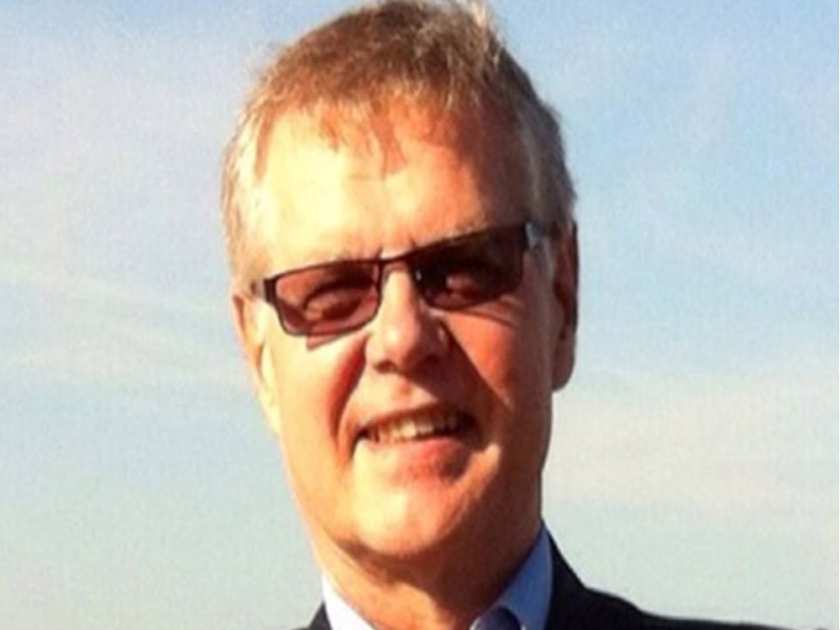Until the gruesome execution of John Ridsdel by the group Abu Sayyaf in the southern Philippines, Canadians kidnapped by thugs around the world have either eventually been freed, or at least have remained alive. Ridsdel’s killing puts us in grim company with other countries whose citizens have suffered similar agonizing deaths.
The death also raises fresh questions about government policy when a citizen is taken by a criminal gang in another country. Should we negotiate? Pay ransom? Do we have an obligation to take extraordinary measures?
Some say no: International law does not require a government to go to extreme lengths to ensure the safe return of a citizen who, after all, has chosen freely to be in a dangerous place. Diplomat Robert Fowler travelling to Niger; Journalist Mellissa Fung reporting from Afghanistan; writer Amanda Lindhout going to Somalia — each was an intelligent person who chose to go to a perilous place.
Indeed, extraordinary measures to help such people might endanger others, goes this argument. Prime Minister Justin Trudeau made the point Tuesday, vowing that Canada “does not and will not” pay ransom, because this allows “terrorist organizations” to continue their mayhem, including threatening other Canadians abroad.
Real-world events, meanwhile, are rapidly overtaking judgmental thinking about the “they knew what they were doing” types of travellers. Our nationals work abroad — Ridsdel was a mining executive, for instance — or are dual citizens visiting their other country, or are doing good work for international NGOs. At any given time, millions of Canadians may be outside our borders. And while it seems obvious that travel to, say, Syria, is dangerous, modern events have shown that a night in the wrong Paris club or café can also be fatal, as can a flight through Brussels.
In such a world, Canada’s luck was bound to run out sooner or later. There are no pat policy pronouncements that can make this reality go away.




